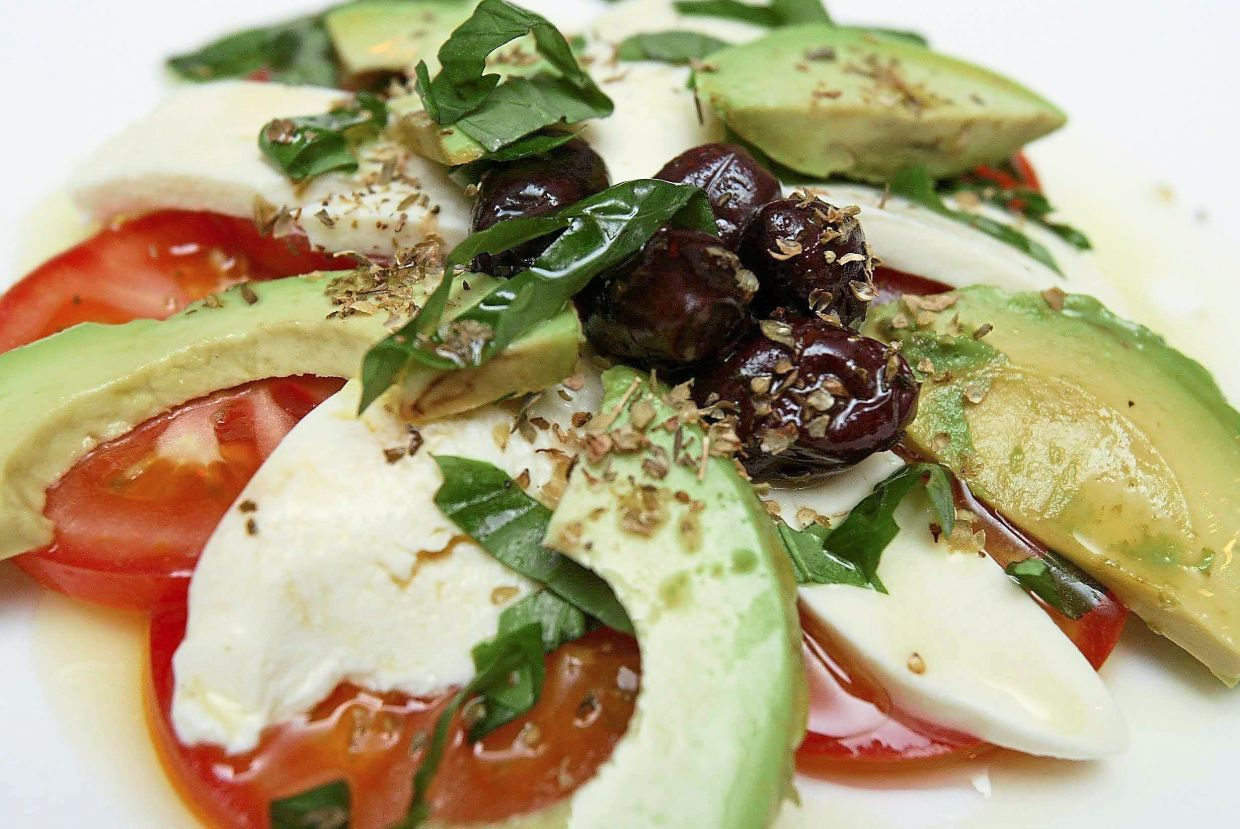But it’s purely marketing – the term was apparently coined by an American company for its marketing campaign.
The focus is just on certain food groups that are more nutritious than others.
For instance, a bunch of bananas will definitely have more health benefits than, say, a slice of bread.
A healthy diet should be based on a mix of different food groups with a variety of nutrients, and it doesn’t necessarily have to be only superfoods.
Here are seven everyday items which fall under the superfood category:
1 Eggs
Eggs have gotten a bad rep because at one stage, some people believed they were bad for our cholesterol.
However, studies have shown that eggs actually raise HDL (“good” cholesterol) and change the LDL (“bad” cholesterol) profile so that the body can better absorb it.
They provide an amazing number of nutrients such as vitamins A, B12, B2, B5, E, and selenium, and minerals like calcium, iron, potassium, zinc, manganese and folate, which are all contained in the yolk.
The white provides high-quality protein. Egg also has choline, important for brain development, and lutein that protects the eyes.
2 Greek yogurt
Greek yogurt is creamier and thicker than regular yogurt as the extra whey has been strained out.
Rich in calcium and protein, it can improve bone health, reduce hunger pangs, improve gut health, build muscle mass and is said to lower blood pressure as well.
3 Ginger
Known for its anti-inflammatory, antioxidant and anti-nausea properties, ginger contains gingerol which has potent antioxidant properties.
It is said to ease digestion issues, relieve pain and boost immunity.
Regular consumption has been shown to lower cholesterol and help control blood sugar.
4 Green tea
Packed with antioxidants, green tea can protect against heart disease.
Health experts say green tea supports bone health, boosts memory, lowers cholesterol and may even reduce the risk of stroke.
Many of us rely on coffee to wake us up during the day and give us that shot of energy, but the caffeine in green tea can help you achieve the same results, without you crashing by the second half of the day.
5 Turmeric
Turmeric, often used in Indian and Malay curries, and sometimes added to tea, contains an antioxidant called curcumin which has anti-inflammatory properties.
Due to the anti-inflammatory compound in curcumin, it has been found effective in the treatment of rheumatoid arthritis as well.
Experts also believe it is a potent antioxidant that can neutralise free radicals, and may be effective in delaying brain diseases and other age-related chronic diseases.
It is being studied too for a potential role in preventing cancer.
6 Garlic
We take it for granted as it is so commonly found in the kitchen, but did you know that garlic has been used as a medicinal ingredient even in ancient times?
A good source of manganese, vitamins B6 and C, as well as selenium, it can boost the immune system and protect against the common cold.
It helps reduce blood pressure and lowers cholesterol levels, and this can help in decreasing the risk of heart disease.
Studies have also shown that it is helpful in reducing pain from knee osteoarthritis.
7 Olive Oil
Olive oil is not used in Asian context as often as in Western cooking that uses it as a marinade, dressing or cooking agent.
Not just any oil, but specifically it is extra virgin olive oil that is said to be good for the heart as it’s high in monounsaturated fat and polyphenols.
High in antioxidants, it also decreases inflammation and lowers blood cholesterol.
Olive oil contains vitamin E and experts say it is also good for the immune system as it supports the production of white blood cells that control inflammation.
Related posts:
Here's a diet to help you live a long life
Humans are nutritionally wise; Say goodbye to daily aspirin
OUR MANY APPETITES: Figuring out the right amount of protein we need could be the key to weight management

RAISE YOUR 'HAPPINESS' HORMONE
EXTRA BOOST IN YOUR FOOD: Healthier eating for all, Benefits of salt substitutes
5 Ways to Lower High Blood Pressure Without Medication; HEART ATTACK PREVENTION; 5 Foods To Help Manage Blood Pressure; 14 min lower limb exercise (home-based training for stroke)
Eggs are healthier than you think

















